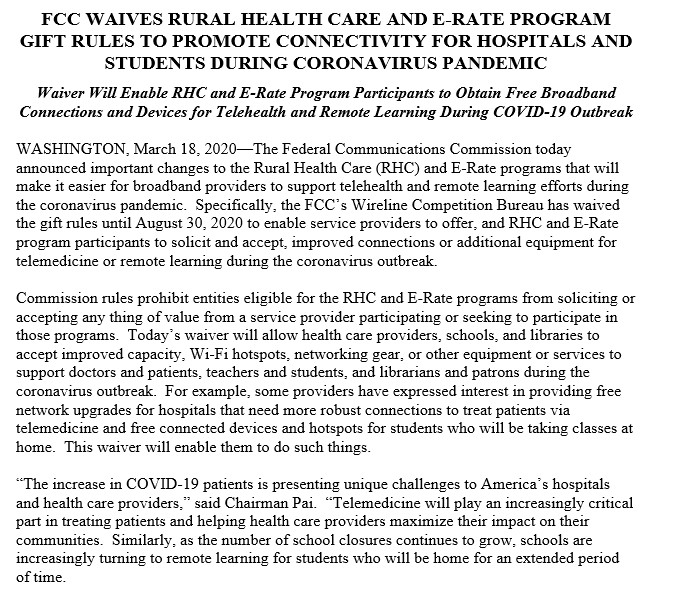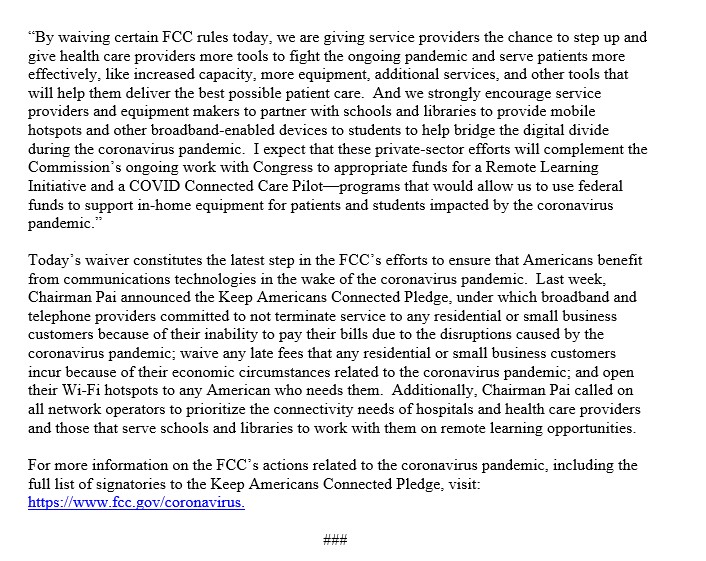
Wow! @NobelPrize in Economics goes to Paul Milgrom and Robert Wilson, whose “best-known contribution is the auction they designed the first time the US authorities [the @FCC!] sold radio frequencies to telecom operators.” Very well-deserved recognition. nobelprize.org/prizes/economi…
For years, the @FCC allocated frequencies using what were called “beauty contests.” Applicants would lobby the agency on why their proposal was superior and merited a license. Highly inefficient, no revenue to @USTreasury, and companies “spent huge amounts of money on lobbying.” 
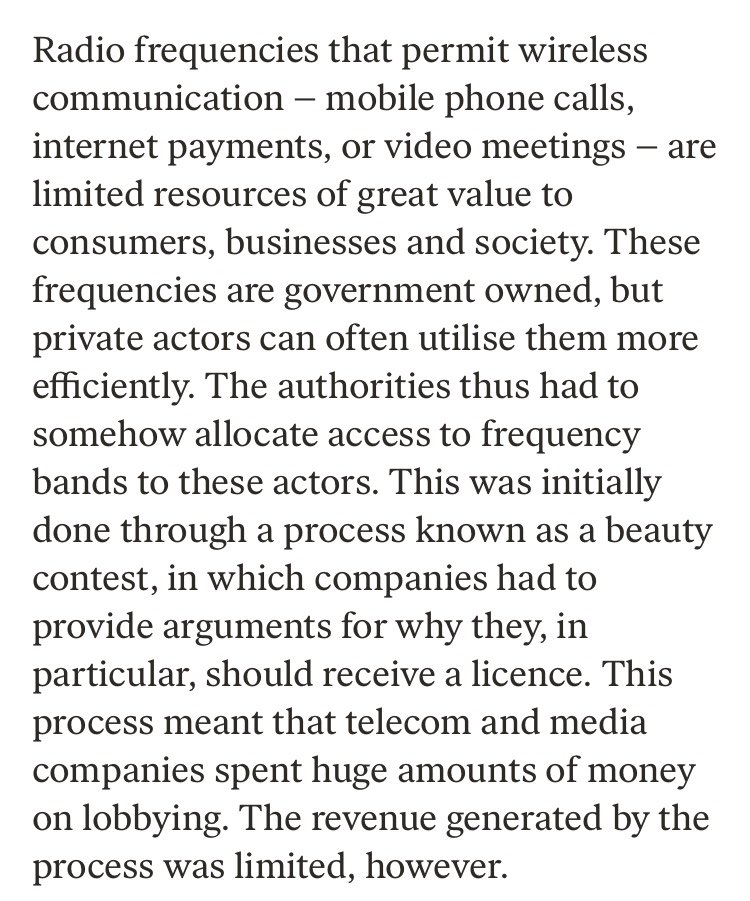
In 1959, Ronald Coase wrote a seminal paper called, appropriately, “The Federal Communications Commission.” He identified numerous flaws in the centrally-planned approach to spectrum allocation and proposed that the @FCC assign spectrum instead through auctions. 

Coase’s proposal for spectrum auctions was “was treated with extreme hostility” and “mocked by communications policy experts, opposed by industry interests, and ridiculed by policy makers” who said Coase knew little about spectrum, or even economics. digitalcommons.chapman.edu/cgi/viewconten…
When Coase presented his idea to the @FCC, the reception was chilly. The first question: “Tell us, Professor Coase, is this all a big joke?” And two Commissioners deemed the odds of auctions being held equal to “those on the Easter Bunny in the Preakness.” transition.fcc.gov/Daily_Releases… 

It took THIRTY-FOUR YEARS for the wisdom of Coase’s idea to prevail. Congress in 1993 gave the @FCC spectrum auction authority. The first auction was held in 1994.
https://twitter.com/ajitpaifcc/status/1154472334834765827
It was Milgrom and Wilson who helped the @FCC design that auction, along with incredibly smart, talented economists on the @FCC staff like Evan Kwerel, who wrote a white paper in 1985 that gave us a blueprint for spectrum auctions and proposed broadcast incentive auction in 2002. 

It’s because of this context that the @NobelPrize is so richly deserved for Milgrom and Wilson, and why credit is due all the others who labored for so long to enable the transition from a process plagued by public-choice problems to one that’s become standard around the world. 

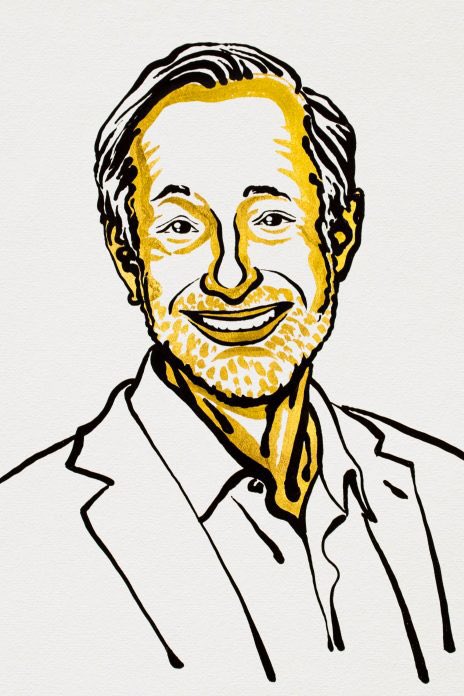
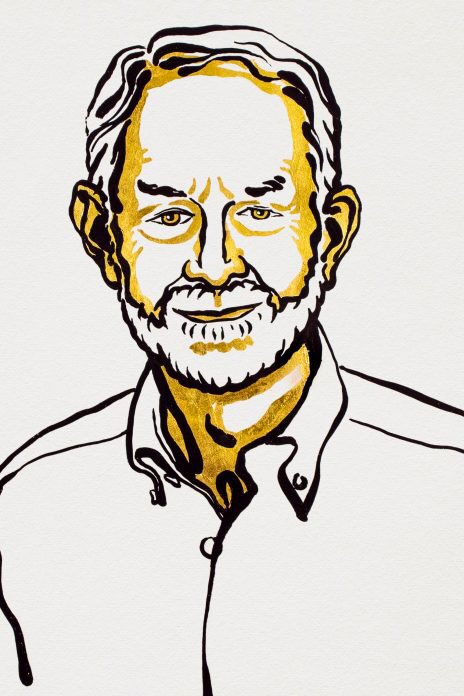
It also reinforces wisdom of incorporating sound economic analysis into the @FCC’s work. One of the structural reforms I’m proudest of is creating the Office of Economics and Analytics. Proposed @HudsonInstitute in 2017 and established in 2018, OEA opens door to new big ideas. 
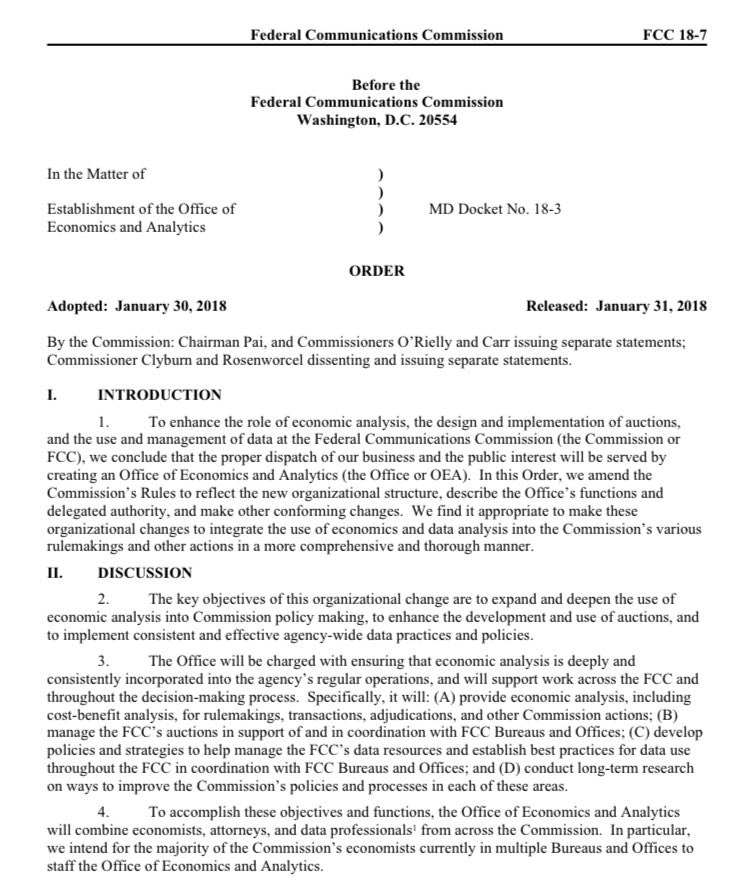
Postscript: this has to be one of the best stories about a @NobelPrize notification. One awardee knocks on another's door in the middle of the night with the good news!
https://twitter.com/Stanford/status/1315631500080148480
• • •
Missing some Tweet in this thread? You can try to
force a refresh


